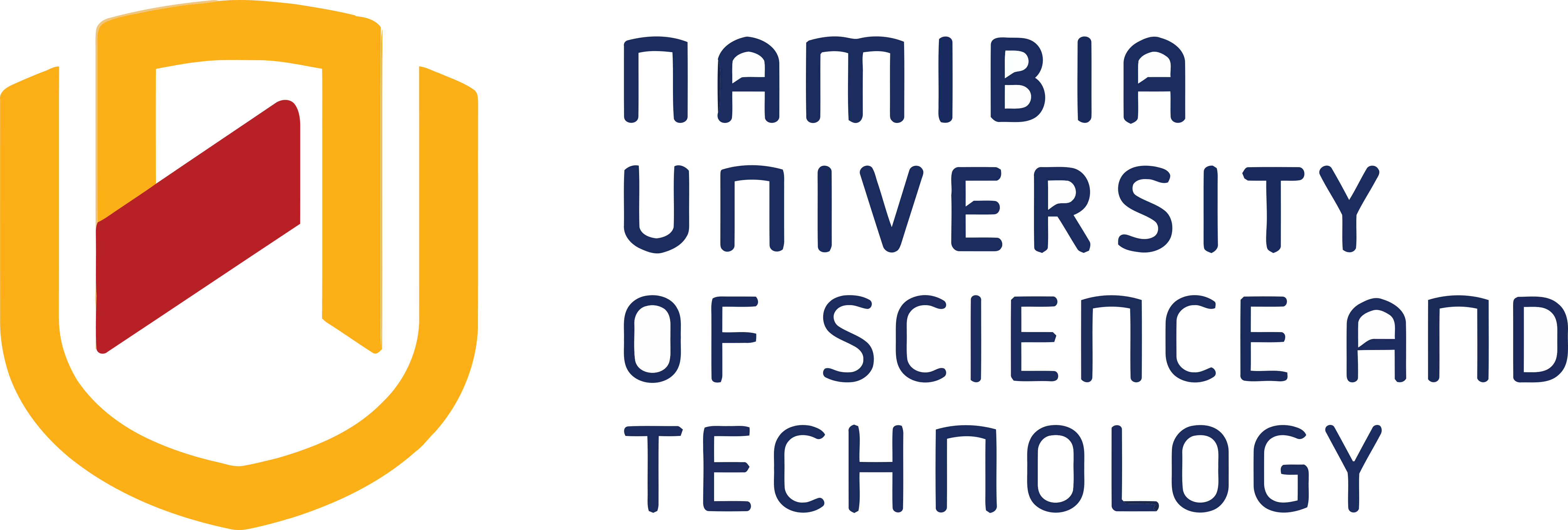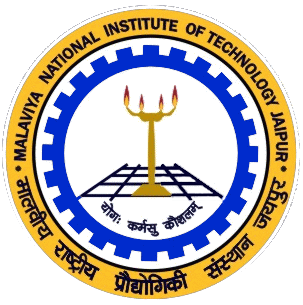


3rd International Conference on Emerging Trends in Networks and Computer
Communications (ETNCC)
August 16 - 18,
2023

ETNCC invites Sponsorship: click here

If you are interested in becoming one of reviewers, please submit this Google Form: click here

Call for Industry Forum: click here
Paper Submission Deadline: 15 March, 2023
Notification of Acceptance: 15 June, 2023
Early Bid paper Registration: TBA.
Regular paper Registration: TBA.
CRC Submission: 10 July, 2023
Conference Dates: 16-18 August, 2023
International Conference on
Emerging trends in Networks and Computer Communications (ETNCC-2023) will be held at the Windhoek,
Namibia, August 16-18, 2023. ETNCC 2023 will target a wide spectrum of the state-of-the-art as well as
emerging topics pertaining to wired and wireless networks, communications and computing. This covers
emerging trends on wired, wireless, high speed, sensor and mobile networks, vehicle communication,
security and application areas like e- agriculture, telemedicine and education systems. The
conference is anticipated to attract a large number of high quality submissions and stimulate the
cutting-edge research discussions among many academic pioneering researchers, scientists, industrial
engineers, students from all around the world and provide a forum to researchers on:
✿ Propose
new technologies, share their experiences and discuss future solutions for design of Networks and
Computer Communications Systems.
✿ Provide common platform for academic pioneering researchers,
scientists, industrial engineers, students to share their views and achievements.
✿ Enrich
technocrats and academicians by presenting their innovative and constructive ideas.
✿ Focus on
innovative issues at international level by bringing together the experts from different countries.

Higher education in Namibia started around 1979/80. Prior to this, all students wishing to pursue higher education had to study abroad or through distance education. The Namibia University of Science and Technology, a public university, has its roots in the establishment of the Academy for Tertiary Education (Act No. 13 of 1980). Classes in Teacher Training and Secretarial Courses started on 14 January 1980. Five years later, Act No. 9 of 1985 was promulgated and, by it, the Academy - consisting of a university component, a Technikon and a College for Out of School Training (COST) - was established. The Technikon offered a total of 17 Diploma and Certificate programmes in Agriculture and Nature Conservation, Personnel Management, Public Administration, Cost Accounting, Secretarial and Communicative and Legal Training. The College for Out-of-School Training (COST) offered 13 certificate courses in Technical and Commerce/General areas. Some of the courses included pre-tertiary teacher training.
The Technikon offered a total of 17 Diploma and Certificate programmes in Agriculture and Nature Conservation, Personnel Management, Public Administration, Cost Accounting, Secretarial and Communicative and Legal Training. The College for Out-of-School Training (COST) offered 13 certificate courses in Technical and Commerce/General areas. Some of the courses included pre-tertiary teacher training
For more information about NUST Namibia please visit the site: www.nust.na
The Institute was jointly established in 1963 as Malaviya Regional Engineering College Jaipur by the Government of India and the Government of Rajasthan. Subsequently, on 26 June, 2002, the college was given the status of National Institute of Technology. On 15 August 2007, it was recognized as the Institute of National Importance through an Act of Parliament. The Institute is fully funded by the Ministry of Education (Shiksha Mantralaya), Government of India.
The Institute lies in the heart of the pink city, imaginatively laid out with a picturesque landscape of 317 acres. It presents a spectacle of harmony in modern architecture and natural beauty. The campus is located in close proximity of Jaipur airport, railway station, major hospitals, and shopping malls. It consists of academic and administrative buildings, hostels, and on-campus accommodation for faculty and staff. The campus provides all essential amenities for community living like staff club, primary health center (dispensary), bank, post office, shopping complex, gymnasium, playing fields, guest houses, and canteen.
For more information about MNIT Jaipur please visit the site: www.mnit.ac.in